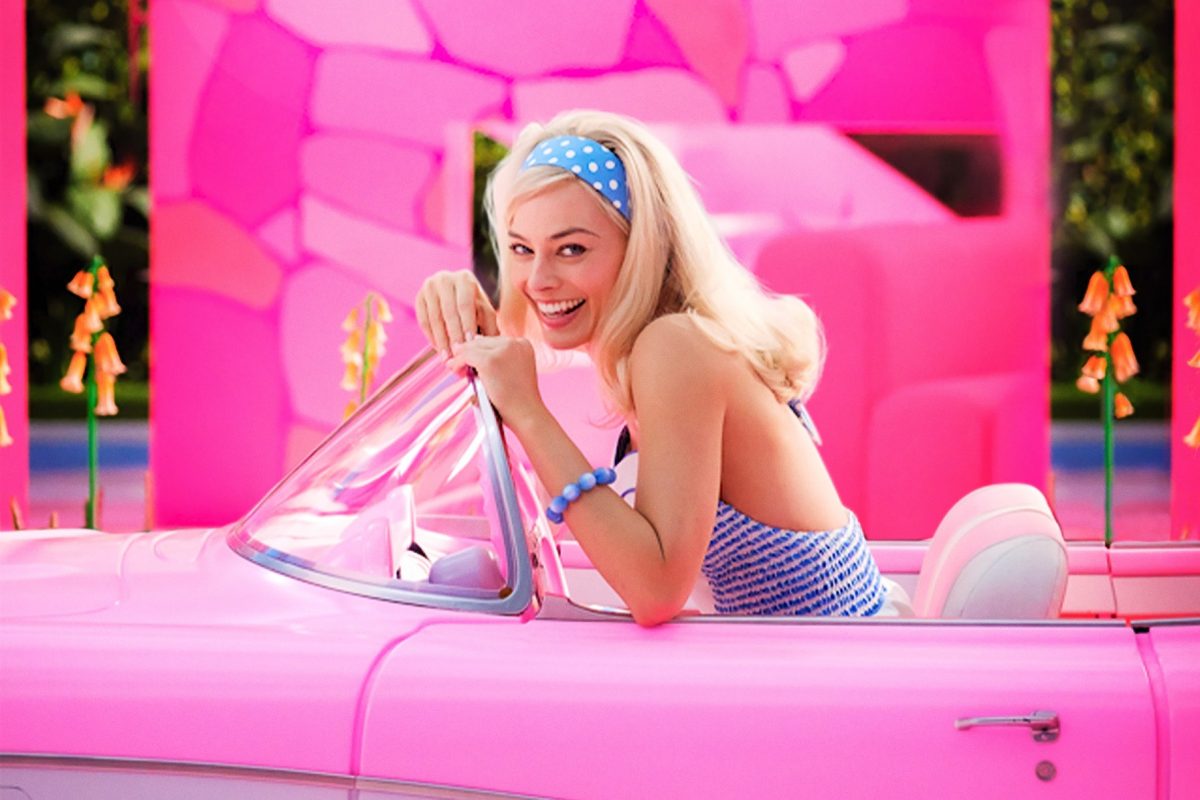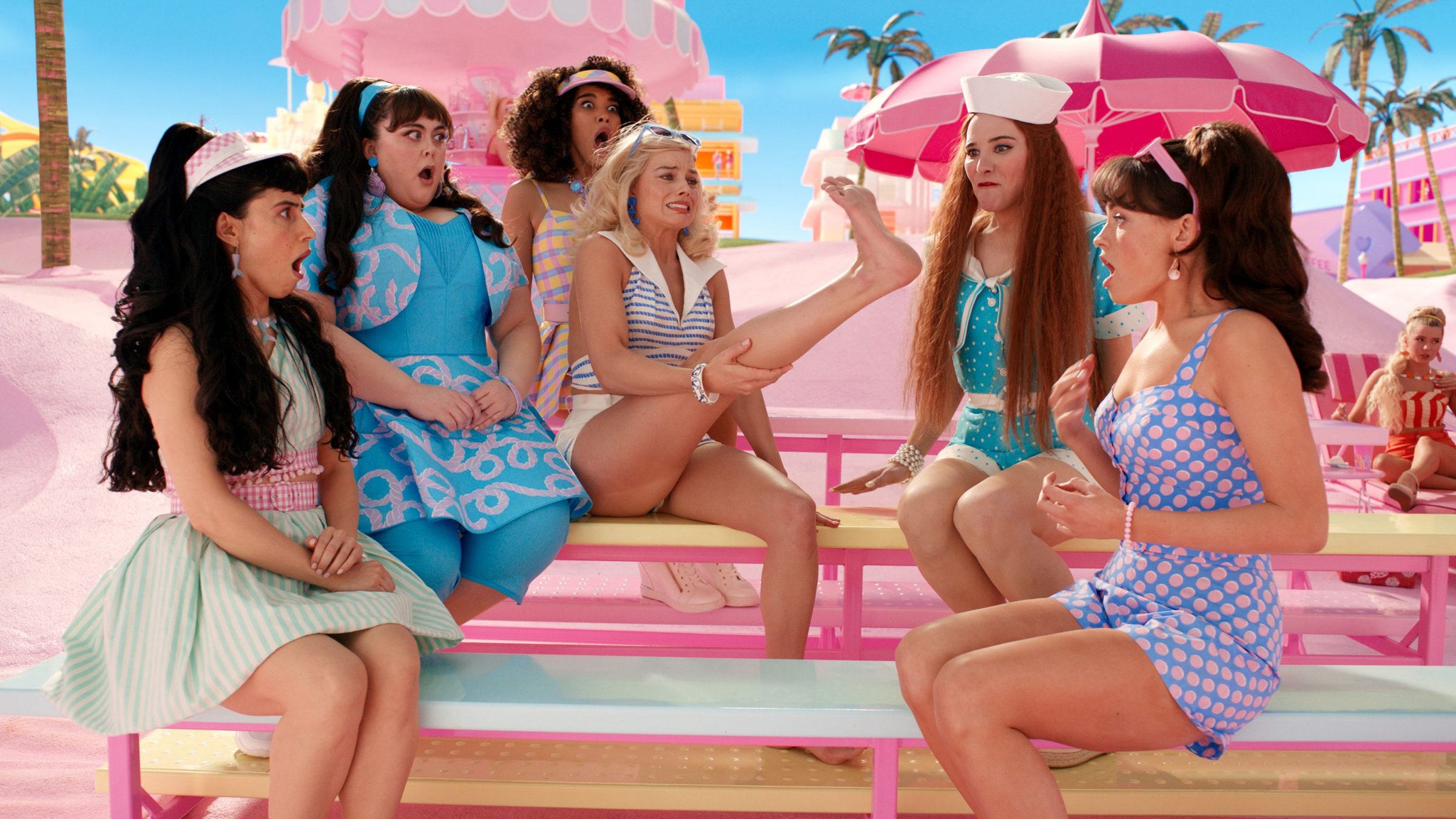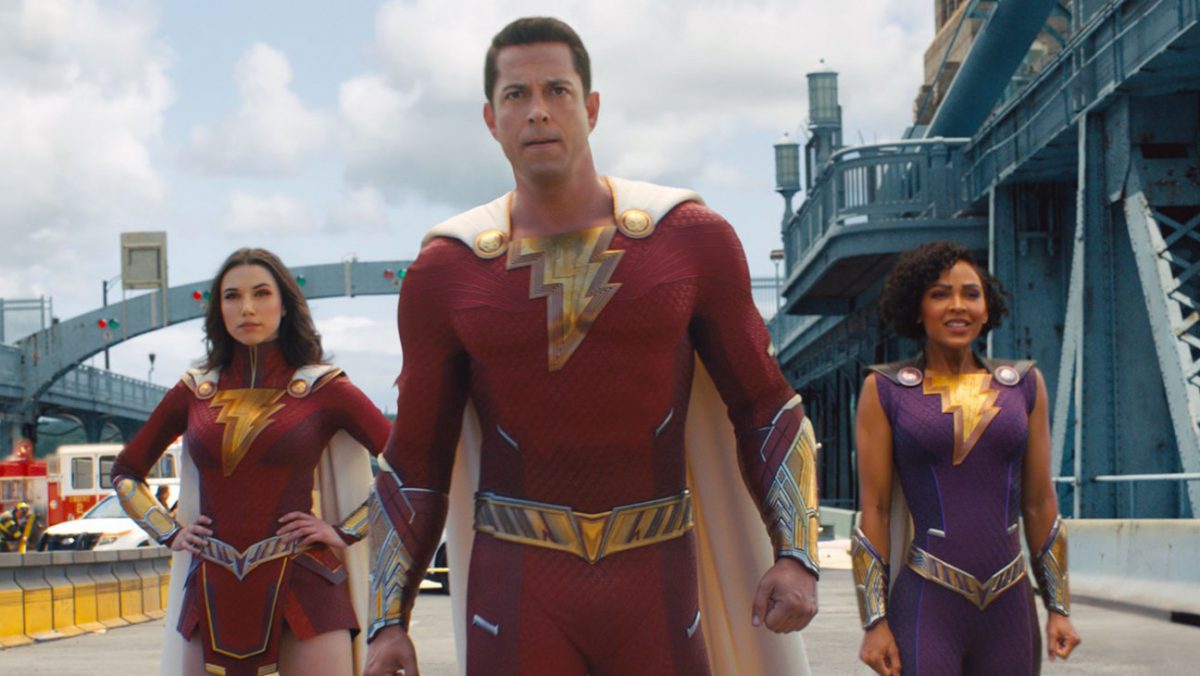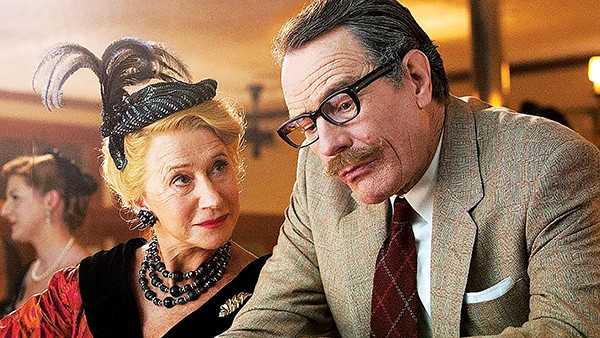It took me a good five hours, a long bath, part of a novel, and a cute animal YouTube marathon to relax after seeing Eye in the Sky, the new movie about drone warfare. It is not a pleasant movie to watch — which is fine; a pleasant movie about drone strikes would be weird. But if a movie is going to deal in violence, you at least hope that there is a point. We should learn something. With Eye in the Sky, I’m not sold.
In a 2013 article for The Atlantic called “Killing Machines,” journalist Mark Bowden writes, “Drone strikes are a far cry from the atomic vaporizing of whole cities, but the horror of war doesn’t seem to diminish when it is reduced in scale. If anything, the act of willfully pinpointing a human being and summarily executing him from afar distills war to a single ghastly act.”
In theory, Eye in the Sky is a 102-minute exploration of the “single ghastly act” of a drone strike. Set between a British cabinet room, an arms sales conference in China, air force bases in Nevada and Hawaii, and a militarized Somali neighborhood in Kenya, the movie attempts to split the difference between the scale of drone warfare and the hyperlocality of the actual violence. We are asked to weigh the cost of one civilian girl’s life — the “65 percent chance of collateral damage” — against the military imperative to kill the terrorists. There is little movement throughout the film; instead, we get a thriller-esque focus on a few locations and characters. True to life, we often see what is happening through the lens of the drone.
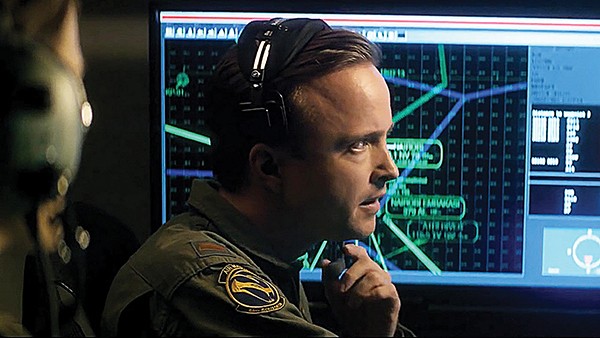
Aaron Paul
Helen Mirren stars as Col. Katherine Powell, a British officer in charge of the time-sensitive operation to capture the terrorists. Either Mirren underplays the role, or the role is underwritten. Either way, the star power in the film is carried not by Mirren but by the late, great Alan Rickman, who stars opposite Mirren as Lt. General Frank Benson, the commanding officer in charge of clearing military decisions with the legal and political powers.
Rickman is great as Benson, even if you get the feeling that he can play the asshole-military-guy-who-is-not-really-an-asshole in his sleep. Both the film’s emotional depth and the rare moments of lightness are given to his character: At the start, we see Benson buying a doll for his daughter on the way into work. He realizes it is the wrong model of doll and asks a military assistant to replace it before he enters into the war room. At the close of the movie, [SPOILER AHEAD] just after we learn that Benson’s operation has killed the young Somali girl, the military assistant thrusts the correct model of the doll into Benson’s hands. Benson looks confused, then slightly horrified, then resigned. “Thank you,” he says.
Contained within a single, 12-hour military shift, Eye in the Sky follows the escalation of a planned “capture operation” in Kenya to a full-scale “elimination operation” when Col. Powell realizes that the subjects of the capture have on suicide vests. Military communication pings between two soldiers in Las Vegas, British and American politicians, and on-the-ground Kenyan spies. Meanwhile, we watch as young Somali girl, Alia, goes about her daily business: playing, reading, selling bread. We learn that her family are not militant. When Alia sets up shop next door to the military target, we get our ethical problem, contained within a single aerial shot.
From the get-go, it is easy enough to predict that the little girl is not going to get out alive. Alia and her family are tragic, sympathetic characters. But they, like everything else in Eye in the Sky, come off as canned. And that predictability, passable in rom-coms and sci-fi flicks, is a serious offense when you are trying to represent the very real lives caught up in hi-tech wars.
Eye in the Sky, in its attempts to frame everyone as just the right kind of ethical actor in a crazy world, is like The West Wing with more drones and fewer witticisms about the SATs. It plays on the most obvious of our sympathies (little girls are good; terrorists are bad; soldiers are just doing their jobs) and in so doing, 1) dismisses the more interesting underlying hows and whys of drone warfare, and 2) substitutes uninteresting fiction for facts. If you want facts, read journalism. Watch a documentary. Don’t listen to a character named General Frank Benson when he puffs up his chest and tells a crying female politician to “never tell a soldier he doesn’t know the true cost of war.” If that kind of sentimentality is your preferred mode of truth, let me instead direct you to some palatable Tim McGraw songs.
A more interesting film about the disconnected warfare might also include meta scenes in which, for 11 dollars a pop, an American moviegoing audience watches a fictional film about drone violence. It’s hard to feel, watching Eye in the Sky, like you are not somehow participating in the riddles of violence and scale that the movie attempts, but does not succeed, in answering.

